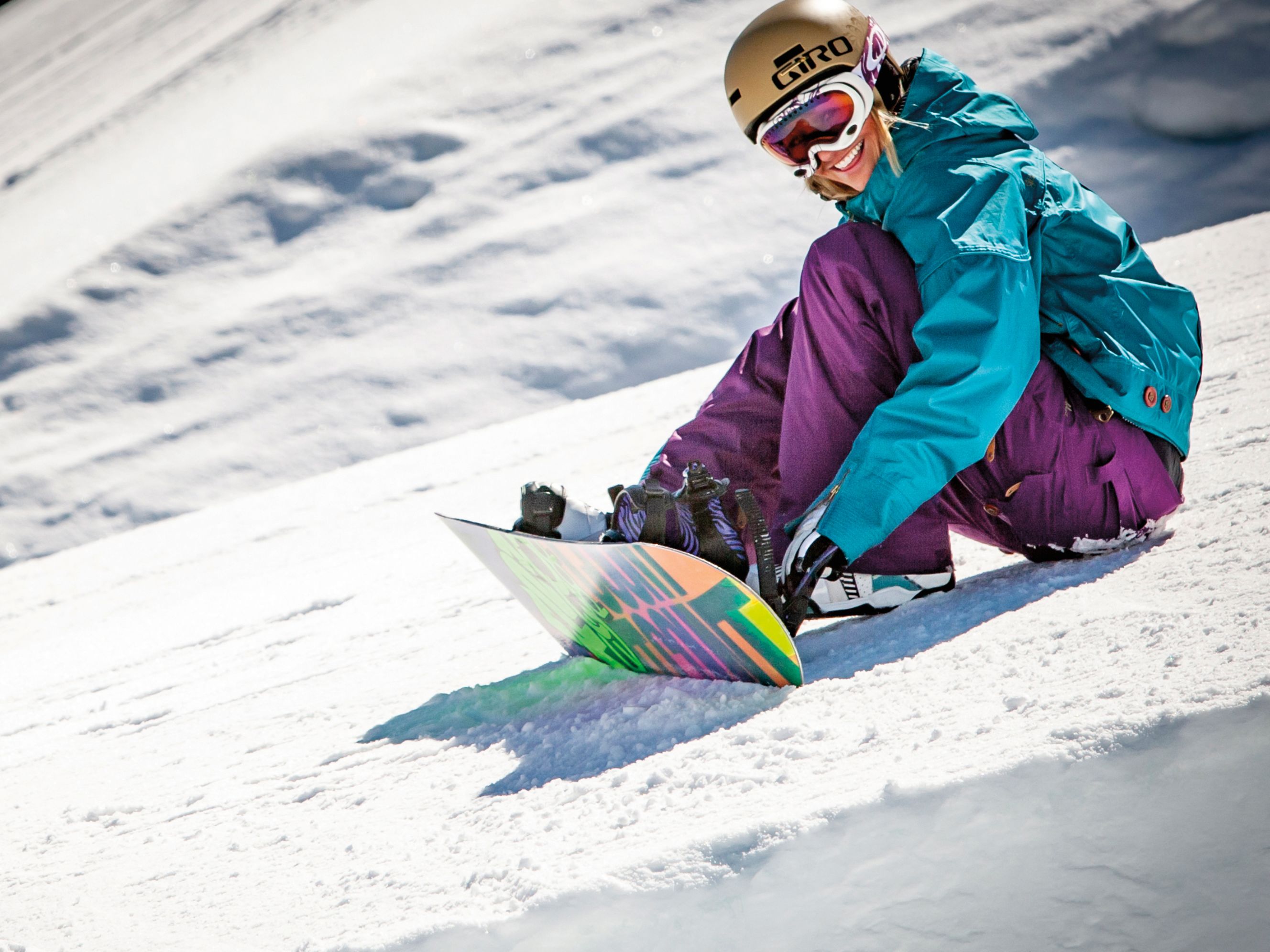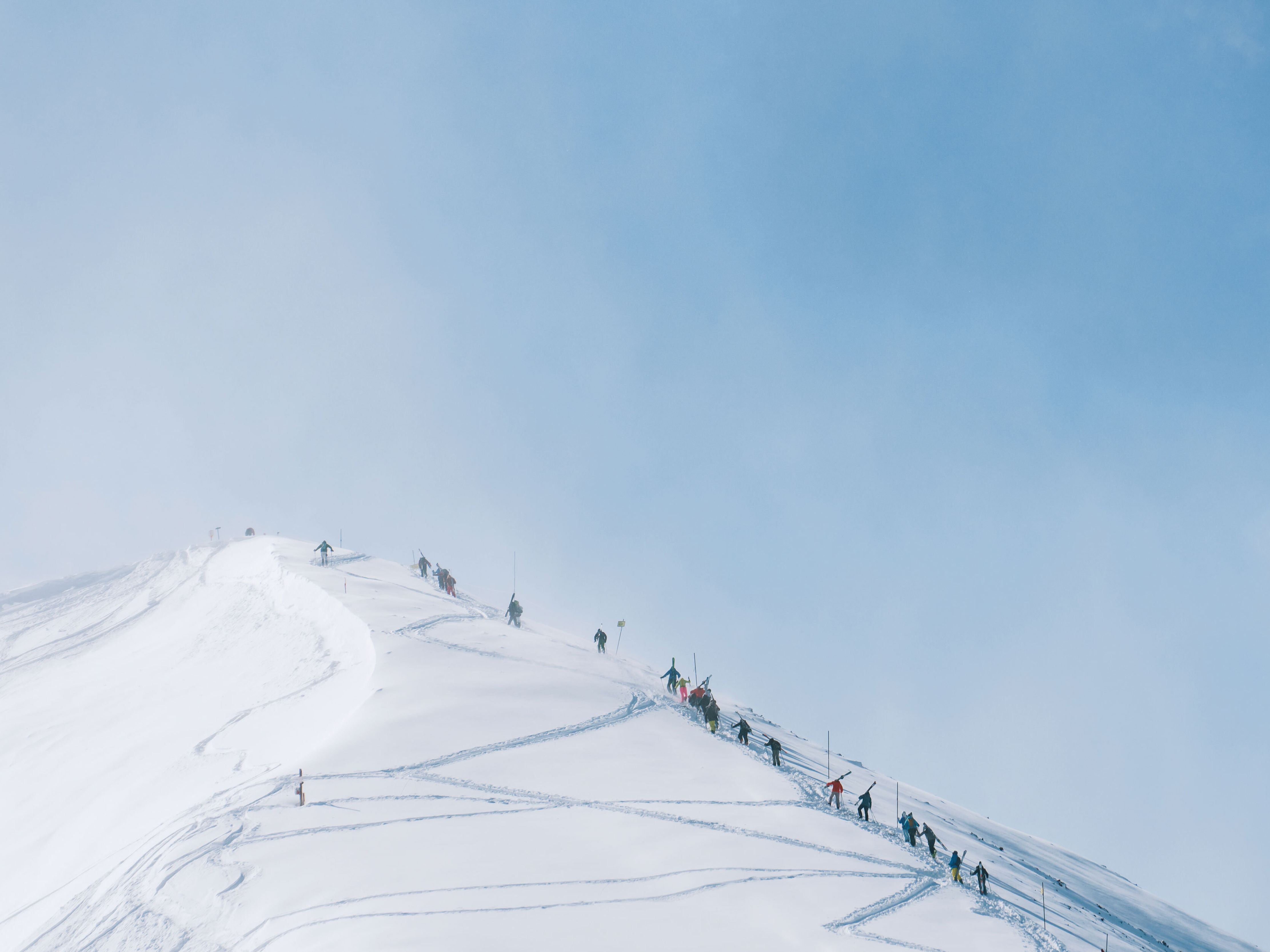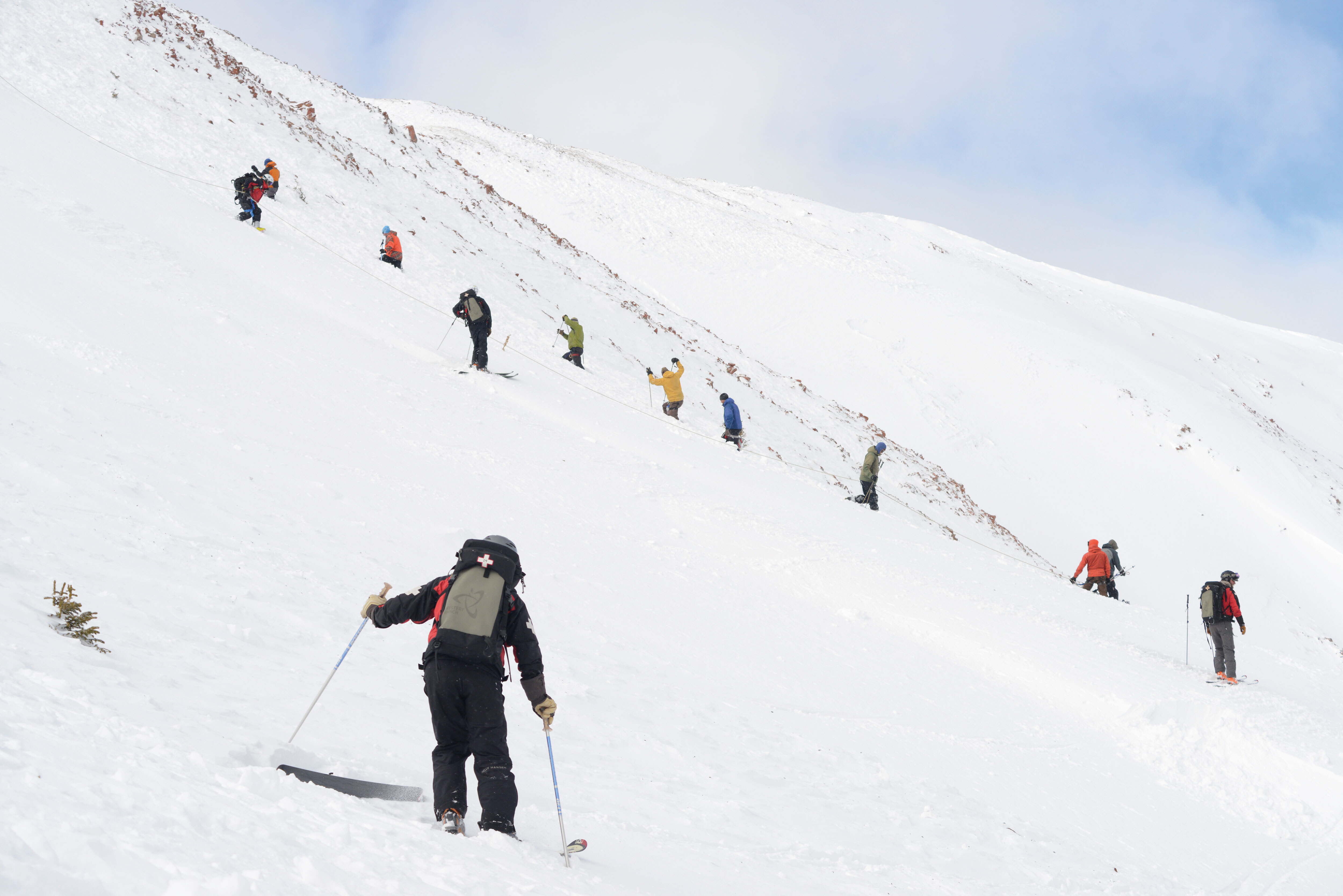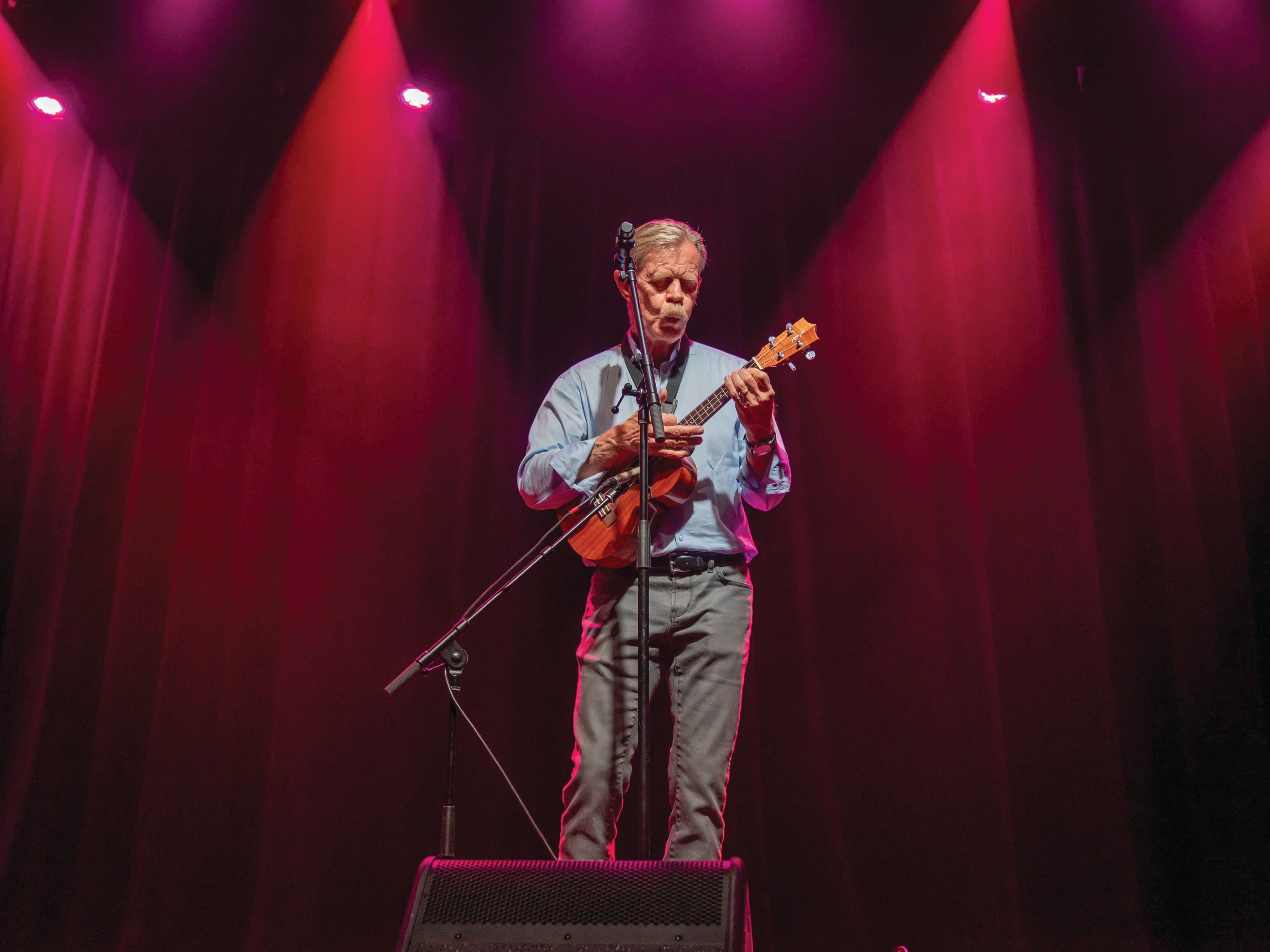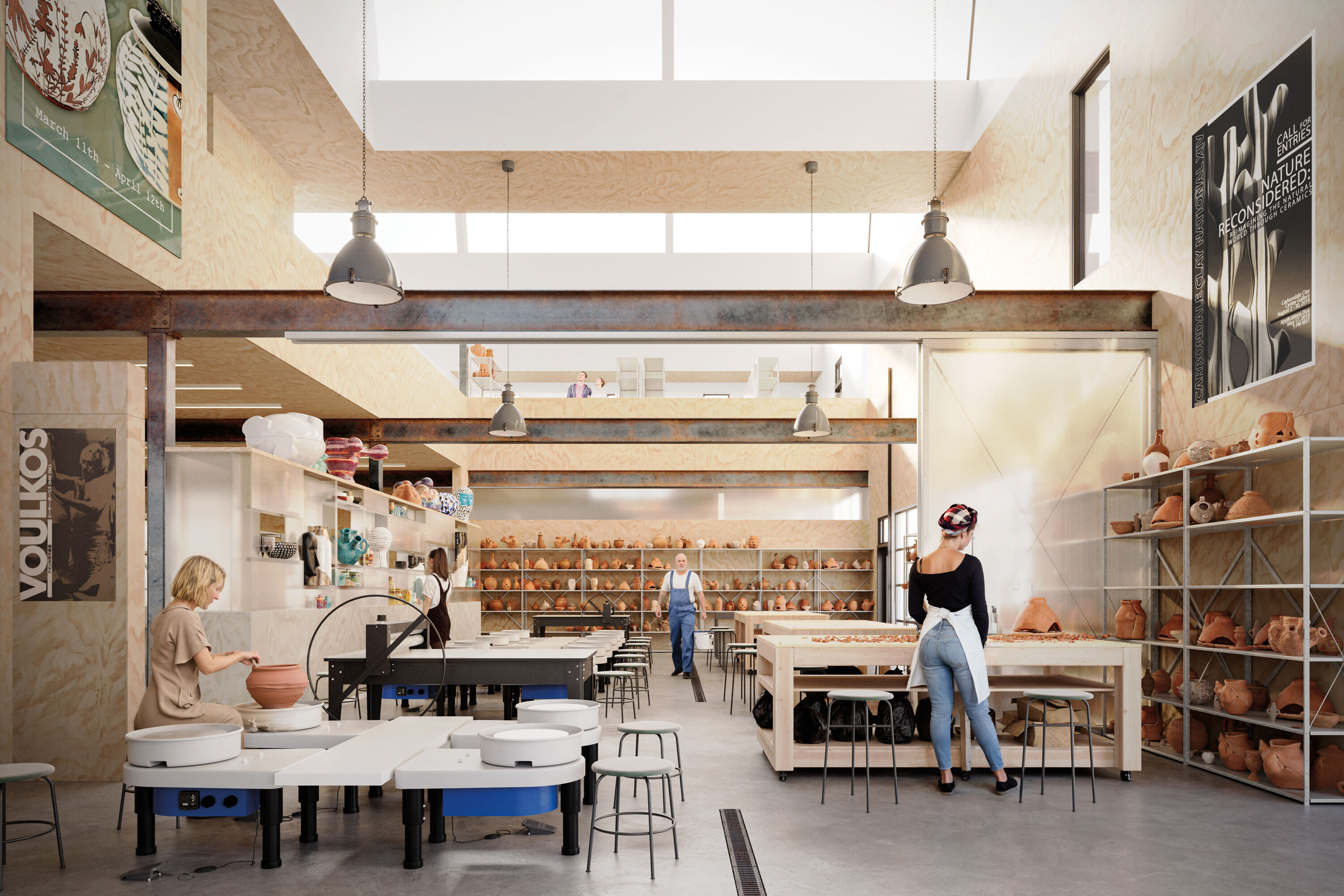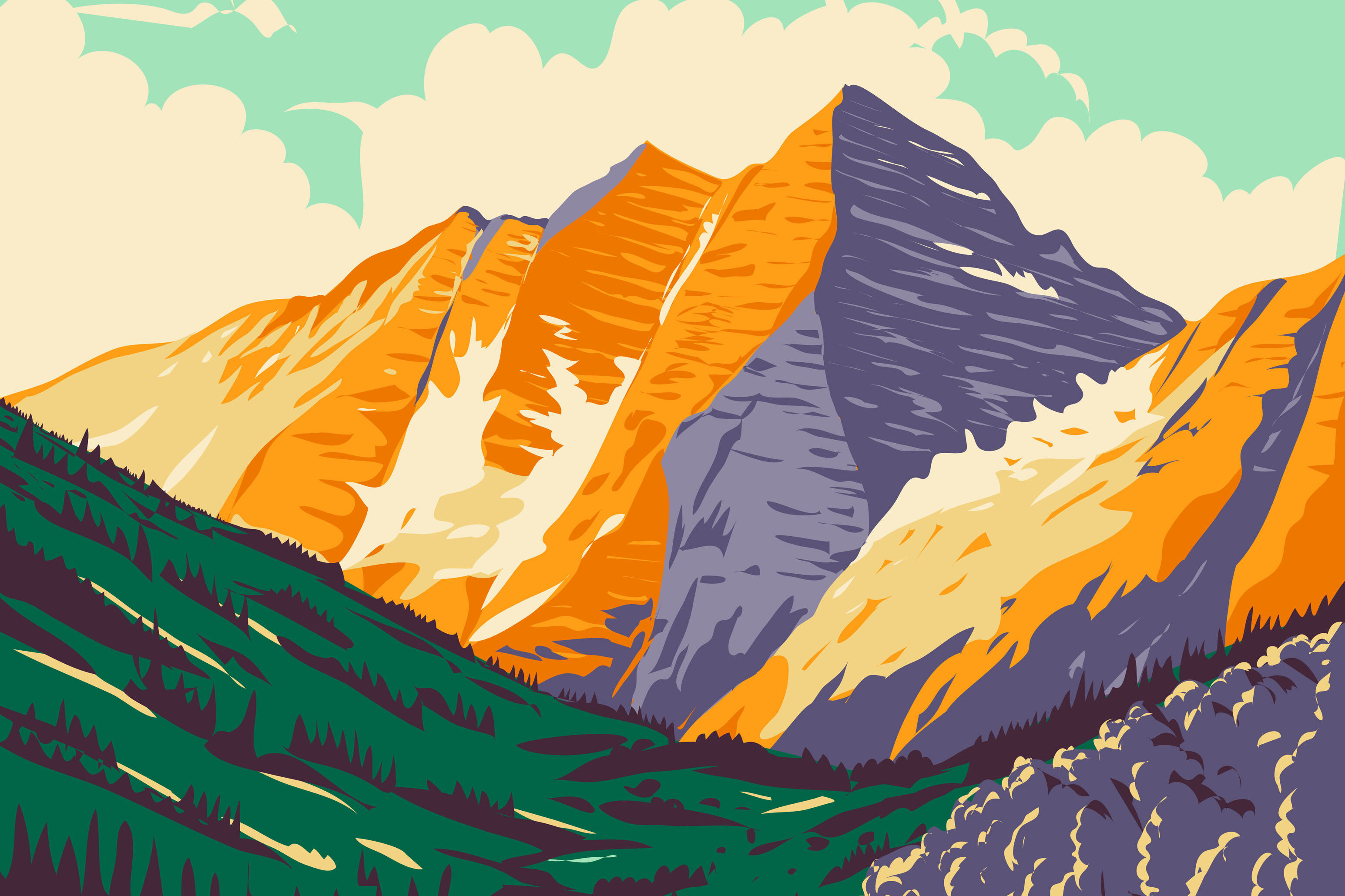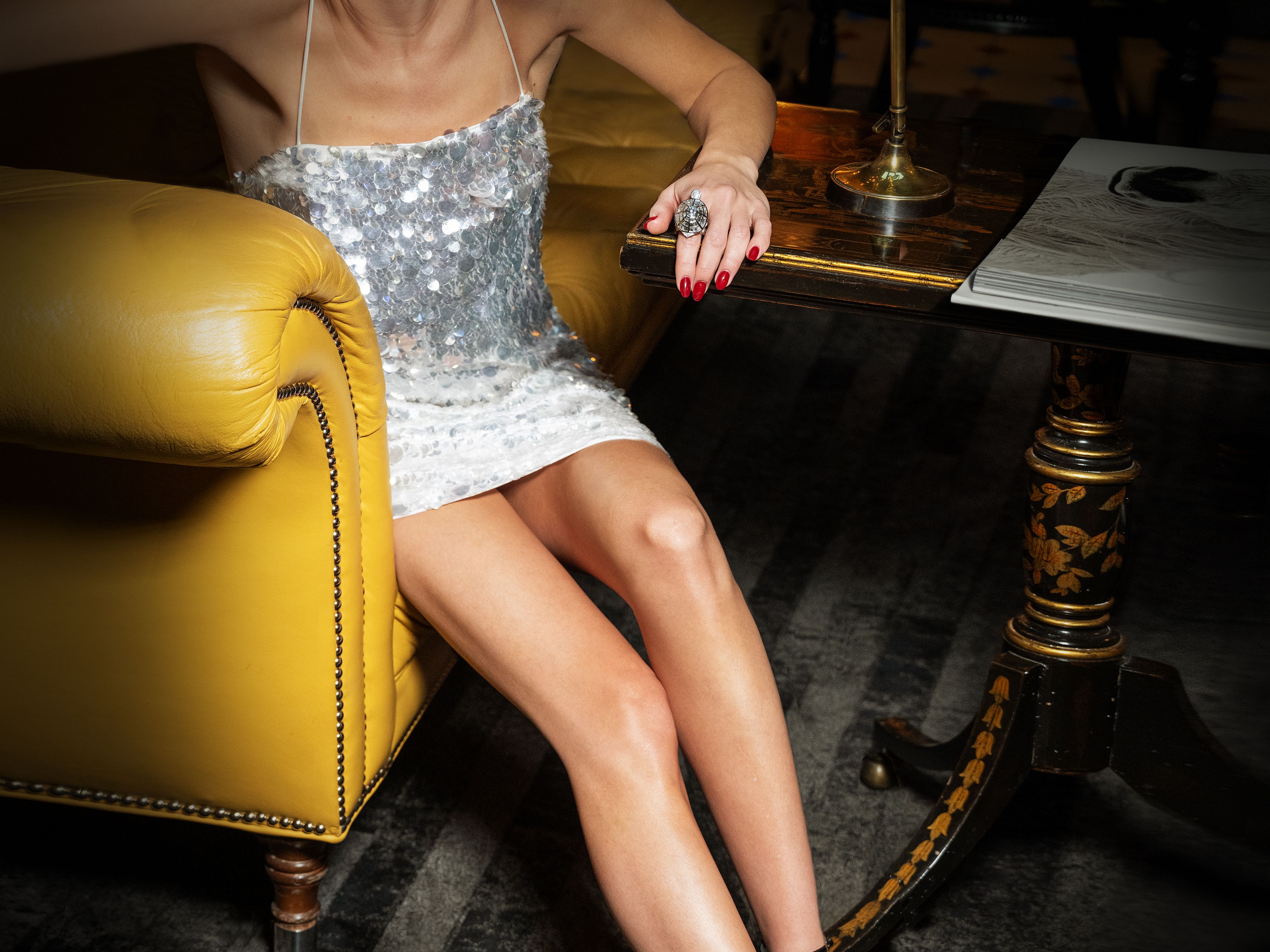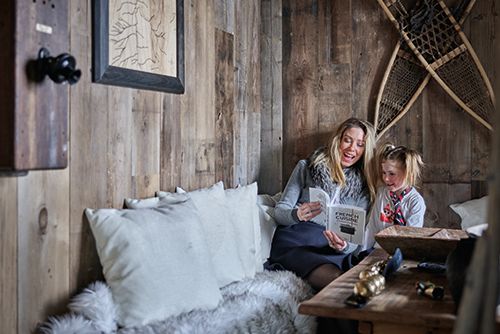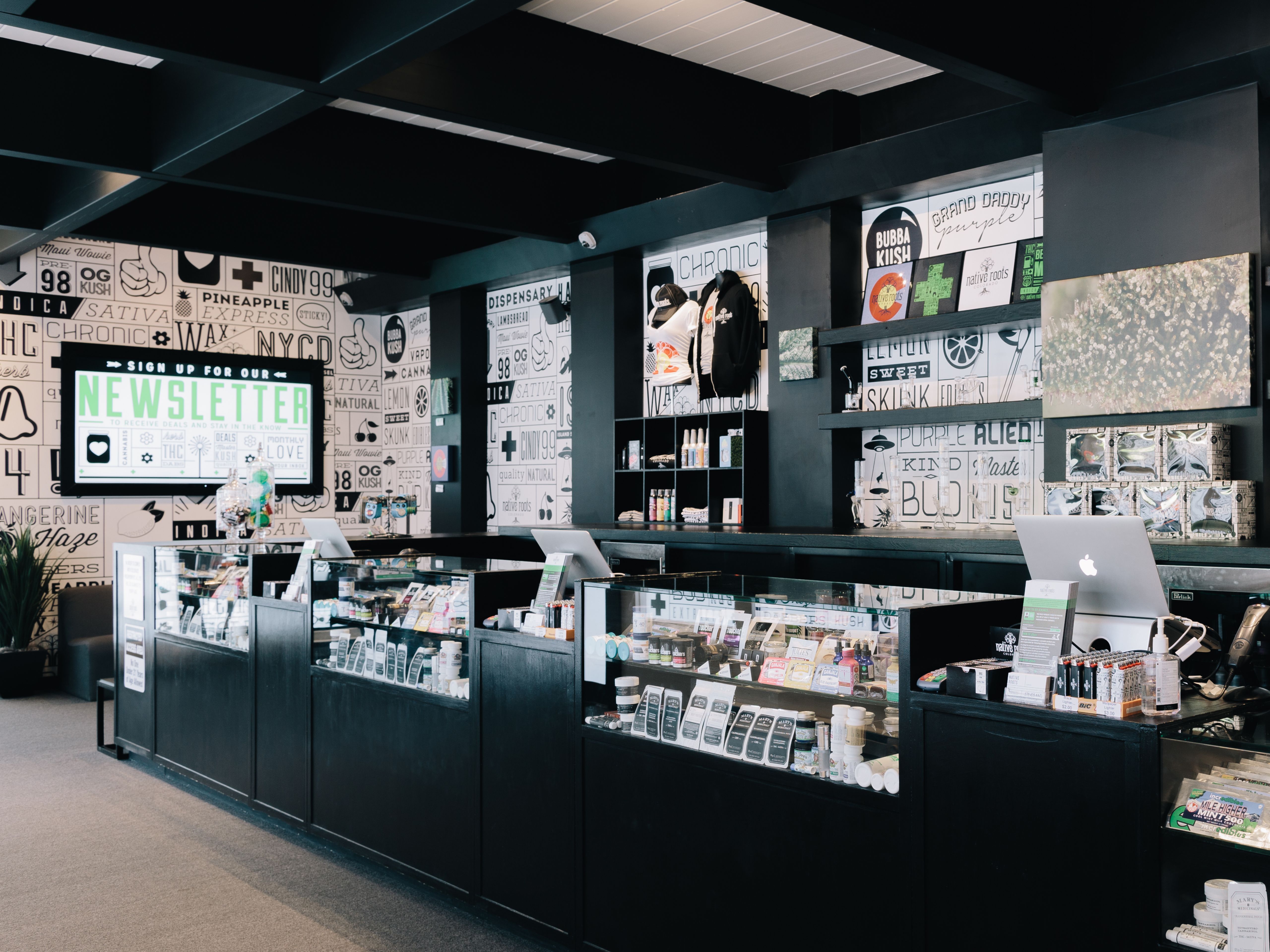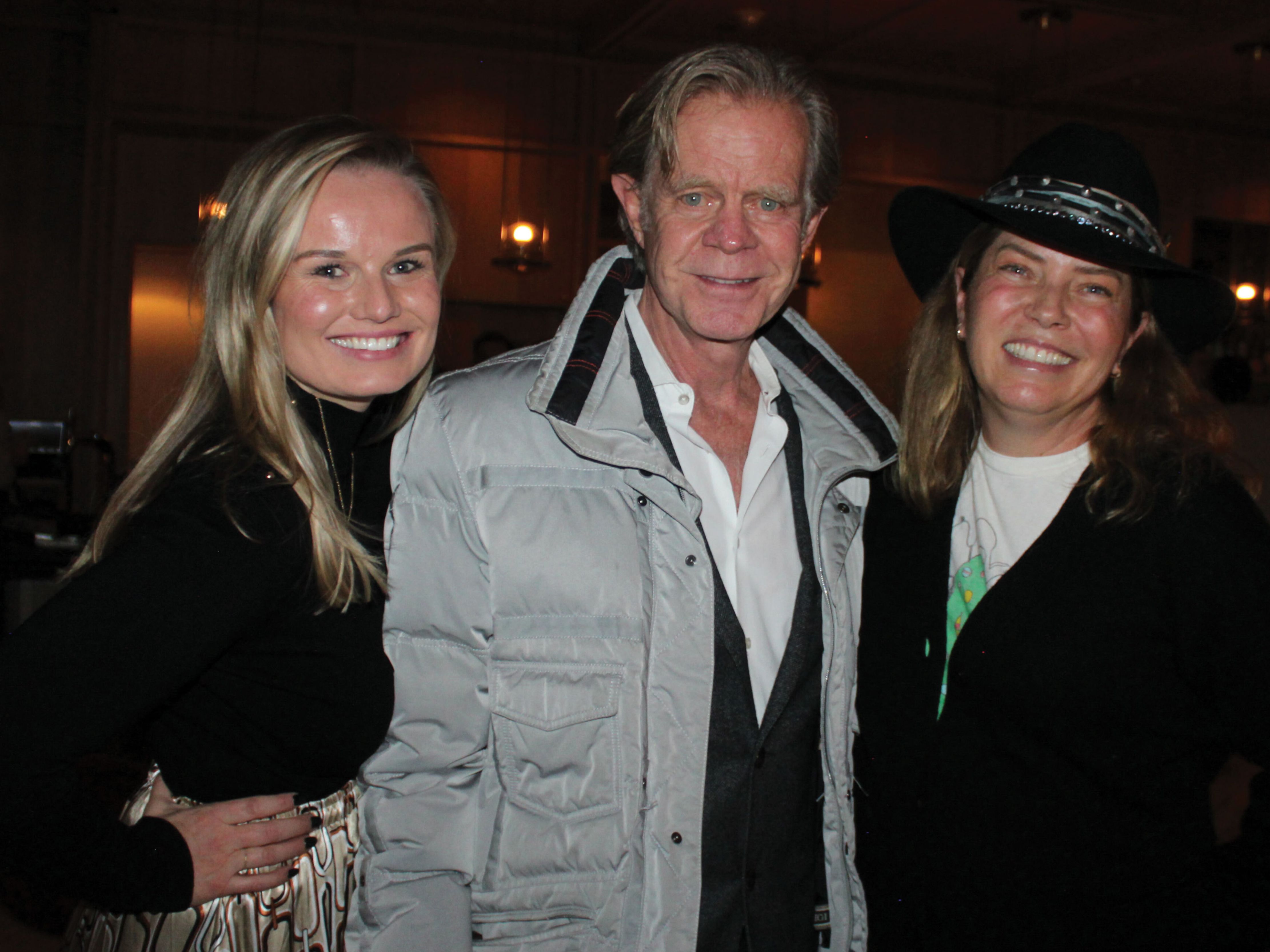A Q&A with Music Educator Tom Buesch
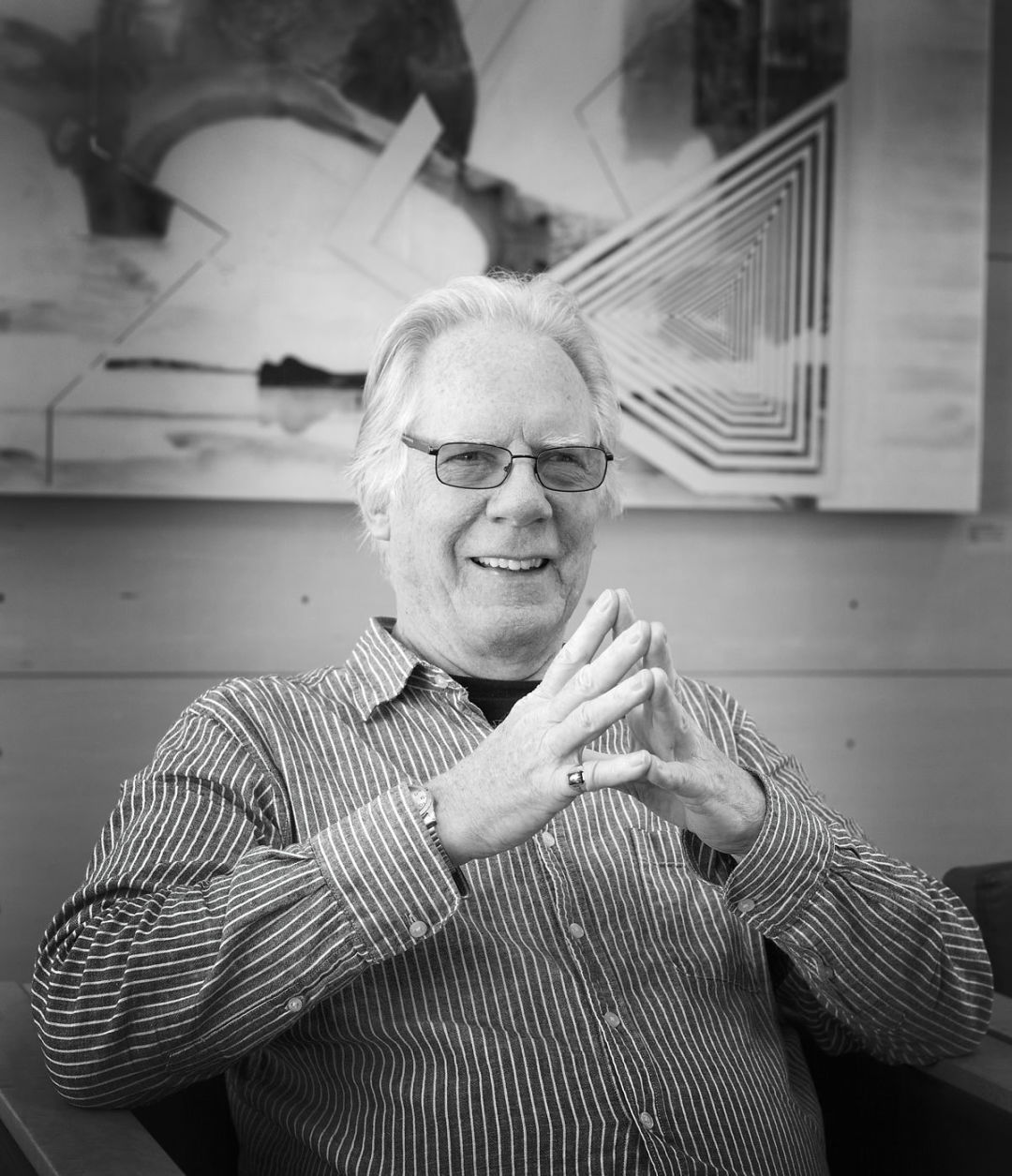
Tom Buesch in his office at Colorado Mountain College in Aspen
Image: Summers Moore
Aspen Sojourner: You received a doctorate in German language and literature from Northwestern University. What turned you on to music?
Tom Buesch: My family spent every summer in Aspen [from Chicago], and my brother and I were big jazz fans. We would go to the old Aspen Highlands base lodge to listen to the clarinetist Freddie Fisher and his band. One summer, when I was about 15, Freddie needed a drummer, and he asked me to do it. Later, when I was in college, my mother would send me care packages with classical recordings that she bought through Publishers Clearing House. That’s when I began listening to classical music.
But you actually attended the first Aspen Music Festival in 1949.
Yes. I was 7 years old. I didn’t want to go, but my mother dragged me to the tent. She loved the music. It was a very big deal for her, but not for me. I wasn’t interested in dressing up and sitting with a bunch of “old” people.
Now, as a professor of humanities at Colorado Mountain College (CMC), you teach music appreciation.
I moved here permanently in 1990, and I had been teaching at CMC for almost eight years before I ventured into music. When the dean, Ann Harris, gave me a full-time position in 1997, I said I thought it was strange that CMC didn’t offer any music classes, particularly when we had a world-class festival here in Aspen. Ann organized a meeting with the Aspen Music Festival and School’s (AMFS) director at the time, Robert Harth, and he made it happen right then and there. All of a sudden, I was team-teaching a class called “Music and...” with the AMFS artistic administrator, Ara Guzelimian.
And you learned how to teach music from Ara?
It’s a big deal to stand up in front of a group of people and teach something that you only just learned yourself. Luckily, I taught the “and...” part of the class, which covered topics like poetry, spirituality, and art in music.
That must have been a memorable couple of years.
For one class we went to the St. Benedict’s Monastery on a full-moon night and listened to a group perform sacred music in the refectory. It was a magic moment that I will never forget.
What do you teach now?
I teach music appreciation at CMC, covering everything from baroque to the 20th century. I also teach a free, hour-and-a-half listener’s master class every Friday [at Crossroads Church in Aspen] during the summer for the music festival.
And students have been loving them?
My CMC class is so popular that I have to offer two back-to-back sections every Monday during the summer. The master class attracts over a hundred people every Friday. I teach a new topic each week on just about anything I want to cover. It’s dynamic and fun but also very moving and personal. One woman told me that she had been listening to a particular piece of music since she was 7 and had never understood it until that day.
How do you introduce CMC students to music appreciation?
On the first day of class, I draw a mountain range on the board. Then I draw a line across the peaks and say to my students, “This is what I teach.” For me, those peaks include Beethoven, Chopin, Debussy, Rachmaninoff.
Learning how to listen to classical music is like learning a new language.
I find that drawing charts and graphs on the board helps my CMC students understand basic structure and form. And, of course, we listen to a lot of music and discuss it. They’re required to write reports and music reviews on the events they attend. I call it a listening journal. They also have to write about their own music preference, be it rap, jazz, country, whatever. They apply what they learn in class to the music they listen to on their own.
What tips do you have for deepening the listening experience?
Read a lot. If someone has written a book that everyone is talking about, read it. Pianist Alfred Brendel writes about technique, history, and repertoire of the piano. Conductor Leonard Slatkin has written books on the business of conducting, using humorous anecdotes from his own experiences. Listen to live performances. If you can’t attend a concert, find it on YouTube. That’s where I discover new performers and new interpretations.






